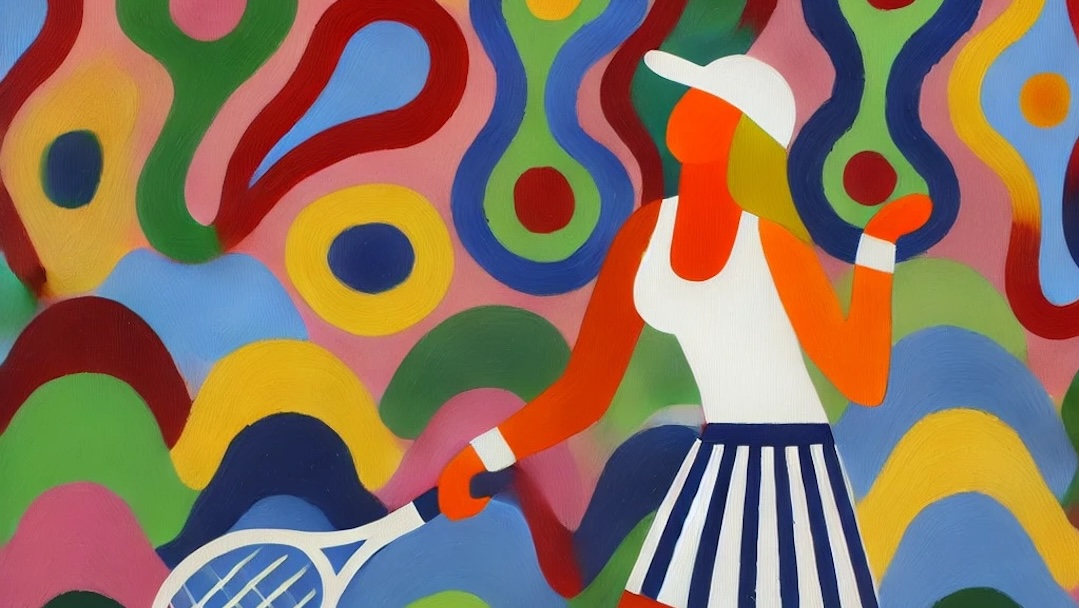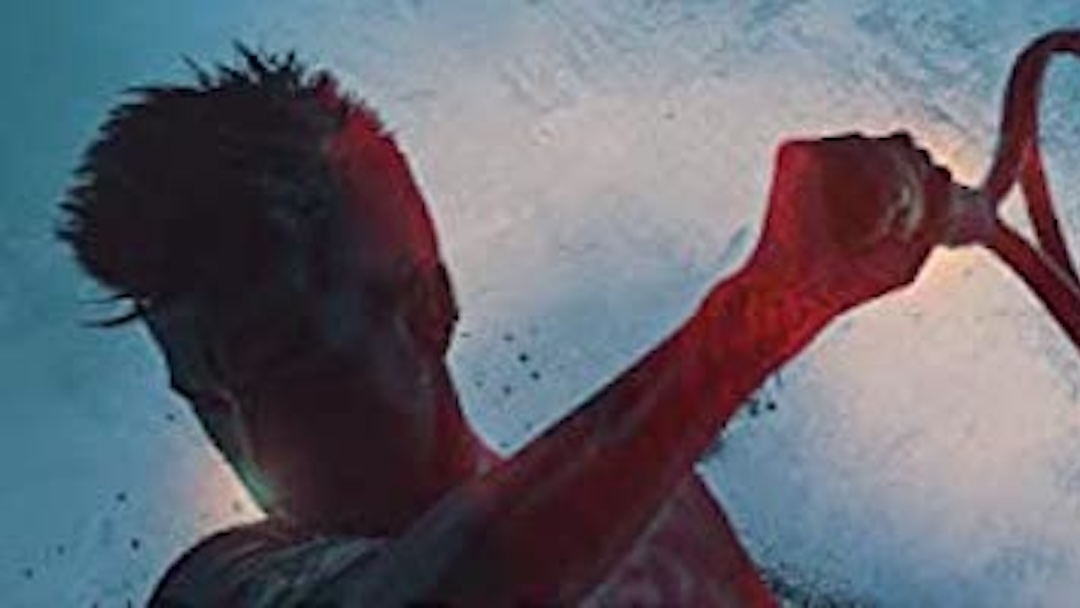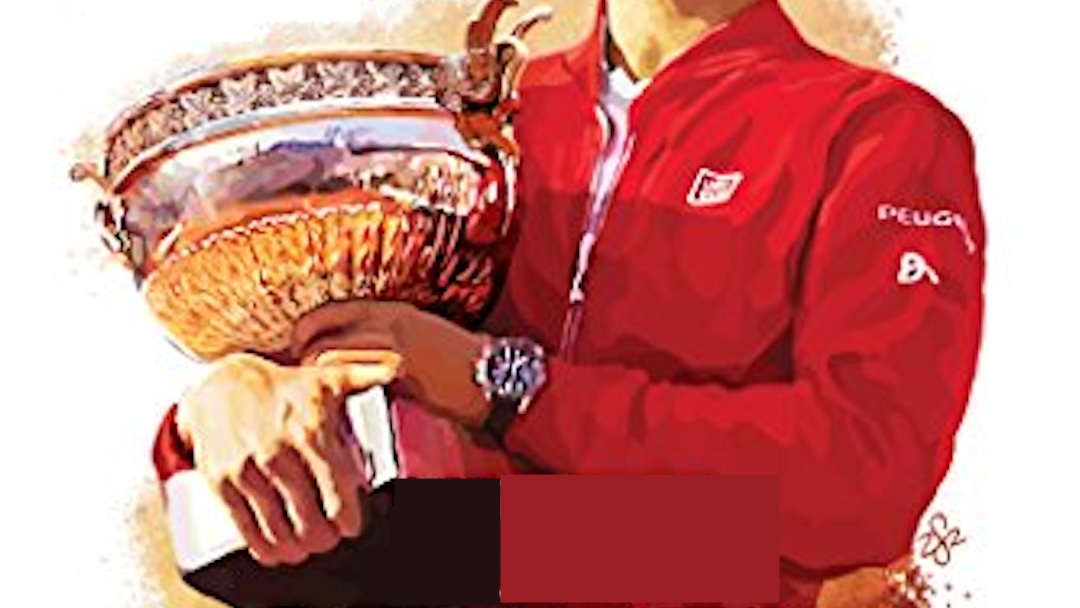In 2016, Novak Djokovic entered the clay court season with the three previous major championships under his belt. However, he had never hoisted the trophy at Roland Garros. French tennis journalist Carole Bouchard was there to chronicle his quest to achieve the “career slam.” At that time, Djokovic was on the outside looking in as the tennis world enthusiastically debated whether Roger Federer or Rafael Nadal would emerge as the greatest player of all time. Winning the French Open changed the narrative and inserted Djokovic into the conversation.
Bouchard’s The Quest: Novak Djokovic’s decade of chasing at Roland-Garros came to an end, unlocking history is the perfect book to read heading into the French Open this year. Once again, Djokovic is on a quest to reassert his position as one of the most dominant players in the history of tennis. Bouchard claims that the 2016 tournament at Roland Garros was the two most important weeks in his career up until that point in time. The same can arguably also be said of the French Open this year.
In 2016 Djokovic had won 11 majors heading into Roland Garros. He was chasing Nadal who had 14 titles, and both men were trailing Federer’s 18. At the start of 2022, the “Big Three” were all tied at 20 major titles. When Nadal won the Australian Open earlier this year, he nosed back into the lead. The fact that Djokovic was unable to even compete at that tournament due to Australian Covid restrictions likely makes that sting.
Another reason that The Quest remains topically relevant is because during the 2016 French Open Triumph, Djokovic was coached by Boris Becker. Becker was recently sentenced to 2.5 years in prison for hiding assets (primarily his grand slam trophies) during bankruptcy proceedings. Ironically, Becker won the title at all the majors with the exception of the French Open during his own playing career. That coaching engagement with Djokovic in 2016 provides a rare glimpse into Becker’s life between his professional tennis career and his more recent role as a BBC tennis commentator.
The Quest describes the life rhythms of the tour during the tournaments leading up to the French Open Finals. Bouchard places the players under a microscope and spares no detail of their individual psyches, training routines, and idiosyncrasies. She also describes how the tournament itself operates from her inside perspective as a member of the French media.
For example, Bouchard shares one of her journalistic trade secrets behind her insight as a tennis sports writer: She scrutinizes player practice sessions. Watching what they are working on reveals any perceived demons they might be battling as they prepare for each match. Any mechanical issues in stroke technique or psychological issues are laid bare to anyone paying close attention those workouts.
Along those same lines, Bouchard theorizes that Djokovic might have been suffering from PTSD heading into the 2016 French Open. It would be completely understandable after his disastrous implosion against Stan Wawrinka in the finals of that tournament the previous year. She details the signs of stress and strain exhibited by Djokovic personally as well as members of his camp during the entire European red clay season culminating at Roland Garros. Even the weather seemed to conspire against him as epically bad cold and rainy weather disrupted play in Djokovic’s side of the draw in the major.
A quest shouldn’t be a walk in a sunny park. A quest should make you suffer.
Carole Bouchard
In what can now only be regarded as foreshadowing, Djokovic threw his racquet in anger during his match against Thomas Berdych which almost struck a line umpire. Thought it slipped out of his hand and was not directed at the official, it would have been an instant disqualification. His disqualification from the 2020 US Open for a similar transgression with a ball wasn’t the outlier that his fans want to make it out to be.
Djokovic is a very emotional player that works very hard to keep them under control. The fact that some of his detractors regard him as a cold and calculated robot is evidence of success in that endeavor. To this day, tennis fans don’t embrace Djokovic to the same degree enjoyed by Federer and Nadal.
As an enigmatic contrast to his fiery inner core, Djokovic is a firm believer in mental work, meditation, yoga, and sophrology techniques. “Holistic Approach” is his rote response to many standard interview questions. Bouchard’s description of him as “a bit New Age” is an understatement.
After winning the French Open in 2016, Djokovic experienced a huge psychological let down, losing to Sam Query at Wimbledon and to Juan Martin Del Potro at the Rio Olympics. Injuries plagued him during this time. The funk continued through the 2017 Australian open where he lost to Uzbek player Denis Istomin. A short time later, he parted ways with his entire coaching team many of whom had been with him throughout his entire career.
Djokovic is a complex man whose very life and tennis career was built on a foundation of adversity. He has so many nuanced and seemingly contradictory aspects of his personality that he is a tough man to understand. In The Quest: Novak Djokovic’s decade of chasing at Roland-Garros came to an end, unlocking history Bouchard does an admirable job at providing a glimpse into the man who undeniably is one of the greatest and enigmatic men to play the game.
In 2022, Djokovic has embarked on another quest: to pull back even with Nadal on his dominant surface. It is another potential inflection point in the history of the sport that may define the story lines and mythology of professional tennis for years to come.
 | The Quest: Novak Djokovic’s decade of chasing at Roland-Garros came to an end, unlocking history |



